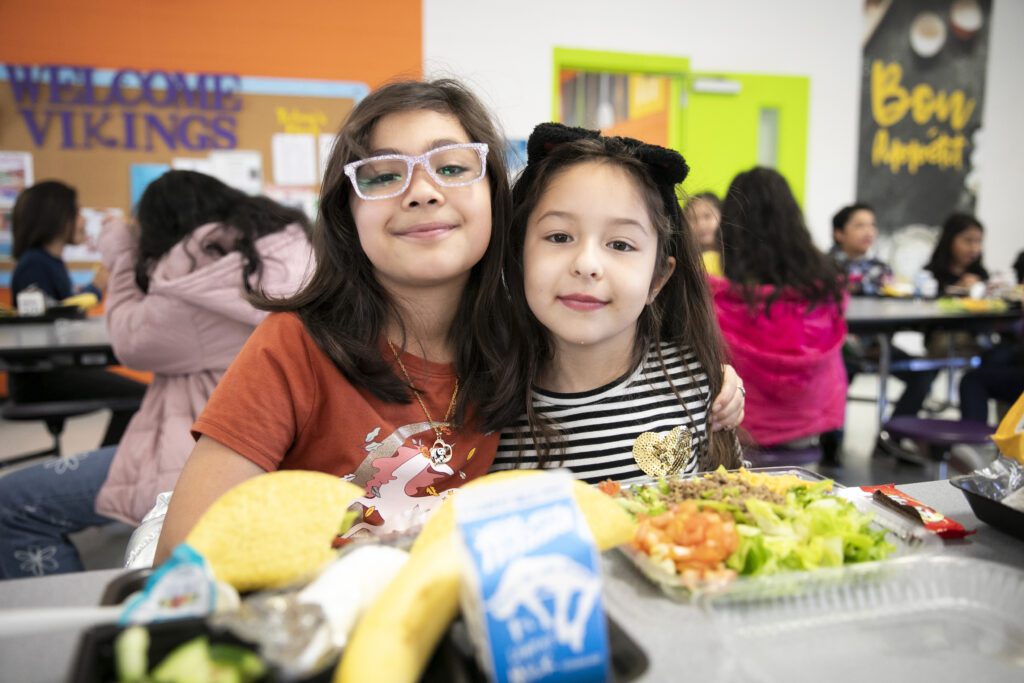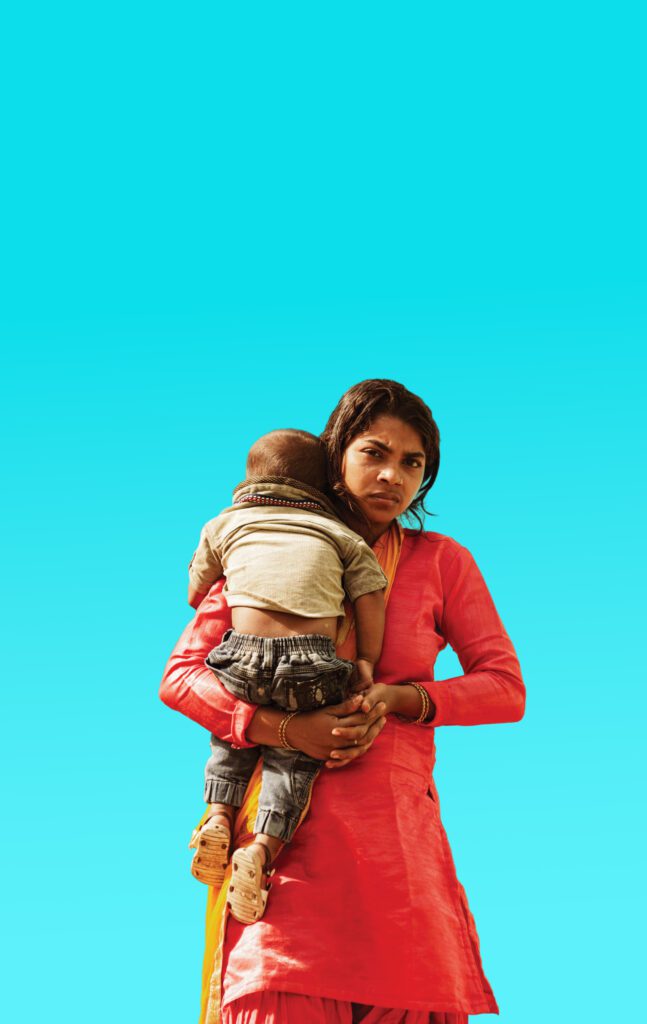
I had coffee yesterday with George Jones, the executive director of Bread For the City (to which Share Our Strength last year made a grant from the Weight Watchers Lose for Good campaign).
George told me that Bread For the City serves 5000 families a year and that their average income is $7000. 25% are families with children, and in many cases the children are living with a head of household who is elderly or disabled. Of the numerous services Bread provides – food, medical, legal, clothing, and social services – food is by far the largest and is utilized by virtually all 5000 families. Next to Catholic Charities, Bread For the City is the largest such service provider in DC.
“What people don’t get”, George told me, “is that there is a layer of vulnerability in this community that in many ways is almost irrevocable. Many of these families have members who are disabled in dramatic ways. We help them and their kids get benefits – some wouldn’t get benefits at all without our help – but the benefits are not enough. People keep asking how we lift our clients out of poverty. But for many of them that is just not going to happen. But that doesn’t mean we can’t make their lives better.”
I try to touch base regularly with George, who has led Bread For the City for 15 years, because he works at the community and street level and sees and serves those families and kids who are most vulnerable and who fall between the cracks and don’t fit neatly into most organizations’ strategic plans. I don’t see our grants to Bread For the City as something separate from or in addition to our childhood hunger strategy but rather as an integral part of a balanced and holistic child hunger strategy that goes beyond the easy victories to reach all of the children it would be necessary to reach to actually end childhood hunger.


